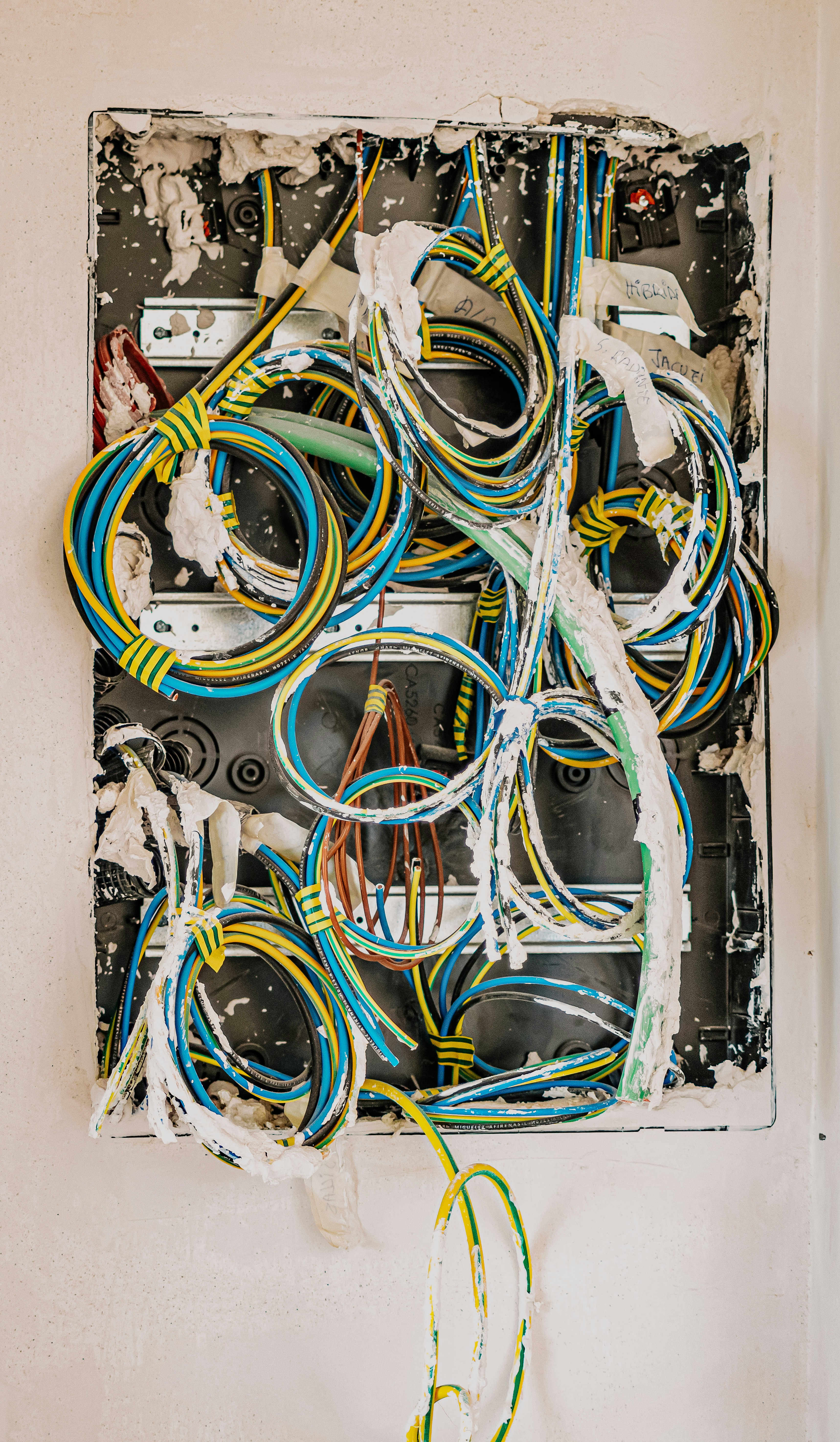Real Estate Tips
Homeowner Tips for Energy-Efficiency and Long-Term Savings
Savvy homebuyers are increasingly recognizing the importance of energy efficiency not only for environmental reasons but also for the potential long-term cost savings. Investing in a property with energy-efficient features can contribute to a more sustainable lifestyle and reduce utility expenses over time. Here are valuable tips for homebuyers looking to prioritize energy efficiency in their real estate ventures.
1. Prioritize Energy-Efficient Appliances:
When evaluating potential homes, pay close attention to the kitchen and laundry appliances. Energy Star-rated appliances are designed to consume less energy without compromising functionality. Look for efficient refrigerators, dishwashers, washing machines, and other appliances that bear the Energy Star label.
2. Insulation and Windows Matter:
Well-insulated homes with energy-efficient windows can significantly impact both heating and cooling costs. Proper insulation ensures that the home maintains a comfortable temperature, reducing the need for excessive heating or cooling. Double-pane windows with low-emissivity (low-E) coatings help regulate indoor temperatures and minimize energy loss.
3. Energy-Efficient HVAC Systems:
Heating, ventilation, and air conditioning (HVAC) systems are major contributors to energy consumption. Look for homes equipped with energy-efficient HVAC systems, such as those with a high Seasonal Energy Efficiency Ratio (SEER) rating for air conditioners or Annual Fuel Utilization Efficiency (AFUE) rating for furnaces. Regular maintenance of these systems is also crucial for optimal performance.
4. Smart Thermostats for Temperature Control:
Consider properties with smart thermostats that enable precise temperature control and energy optimization. Smart thermostats allow homeowners to schedule heating and cooling, monitor energy usage, and make adjustments remotely. This technology not only enhances comfort but also contributes to energy savings.
5. Solar Panels for Renewable Energy:
Homes equipped with solar panels harness renewable energy from the sun, offering a sustainable and cost-effective power source. While the upfront cost of solar panel installation can be significant, the long-term savings on electricity bills and potential tax incentives make it a worthwhile investment.
6. Energy-Efficient Lighting:
Traditional incandescent bulbs are energy-intensive and have a shorter lifespan compared to energy-efficient alternatives such as LED or CFL bulbs. Homes with energy-efficient lighting fixtures contribute to reduced electricity consumption and lower utility bills. Consider properties where these modern lighting solutions are already in place.
7. Water-Efficient Fixtures:
In addition to energy, water efficiency is crucial for sustainable living. Look for homes with water-efficient fixtures, including low-flow toilets, aerated faucets, and high-efficiency washing machines. These features not only conserve water but also reduce the energy required for water heating.
8. Energy-Efficient Building Materials:
The construction materials used in a home can impact its overall energy efficiency. Homes with features such as insulated concrete forms (ICFs), double-stud walls, or advanced framing techniques contribute to improved insulation and energy performance. Explore properties where energy-efficient building practices have been employed.
9. Energy Audits and Certifications:
Before finalizing a purchase, consider requesting an energy audit for the property. An energy audit assesses the home's energy performance and identifies areas for improvement. Additionally, homes with energy certifications, such as LEED (Leadership in Energy and Environmental Design) or ENERGY STAR certification, demonstrate a commitment to energy efficiency.
10. Long-Term Cost Analysis:
While energy-efficient features may involve additional upfront costs, it's essential to conduct a long-term cost analysis. Evaluate potential savings on utility bills over the years and factor this into your decision-making process. The initial investment in energy efficiency can lead to substantial financial benefits in the future.
By incorporating these tips into your real estate search, you can make informed decisions that align with your commitment to energy efficiency and long-term cost savings. A home with well-integrated energy-efficient features not only contributes to a more sustainable lifestyle but also positions you for financial benefits in the years to come.




